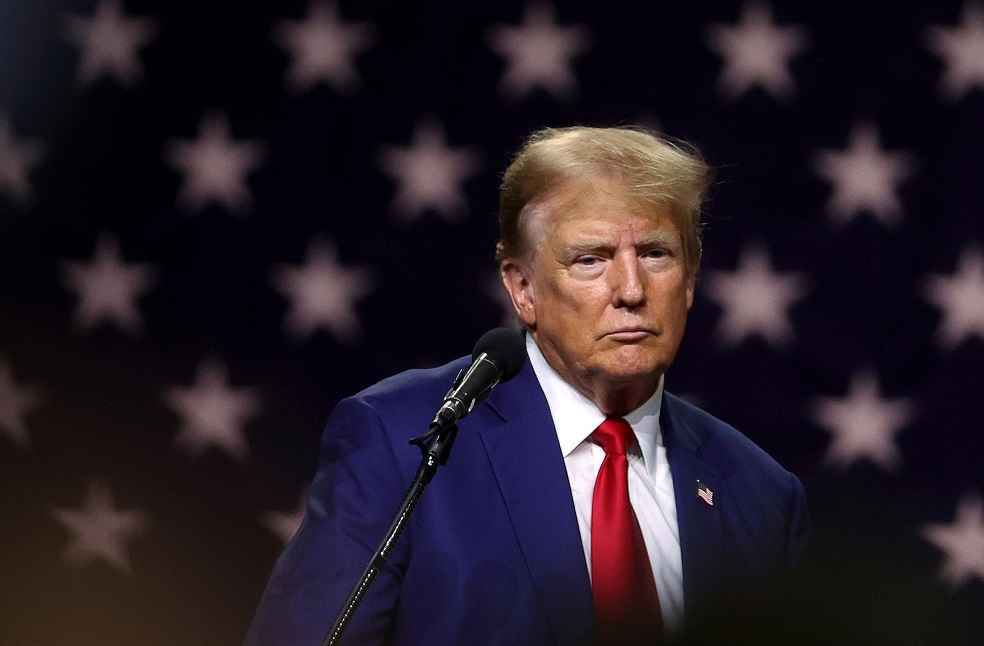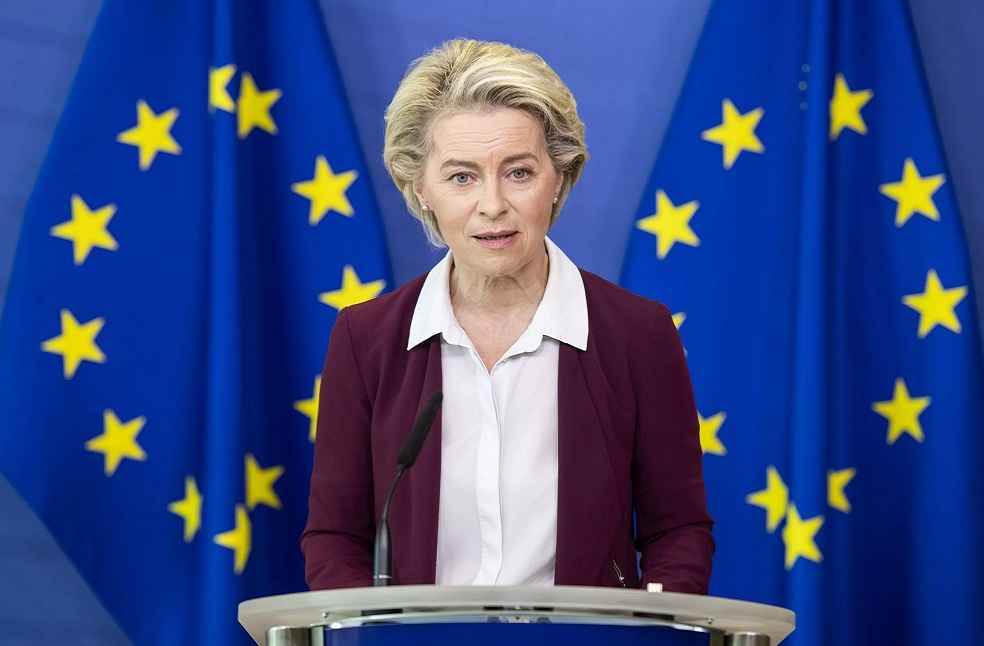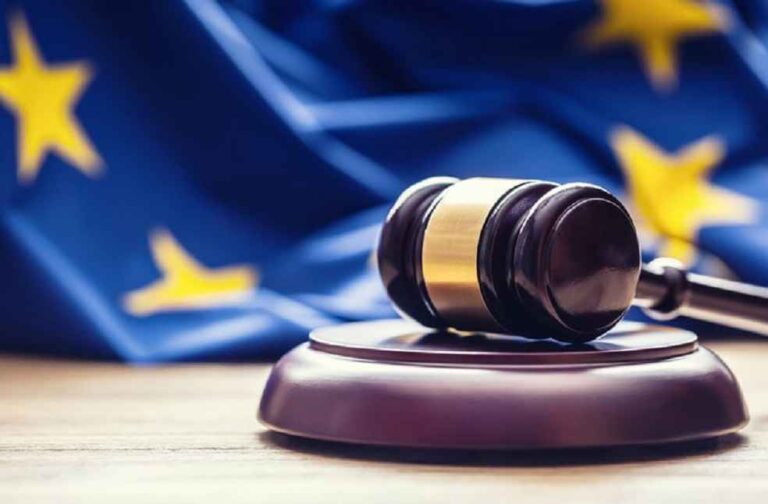US President Donald Trump announced plans on Tuesday to impose tariffs on the European Union (EU), citing trade imbalances, while warning that a 10 percent tariff on Chinese imports could be implemented as soon as February 1.
Speaking to reporters at the White House shortly after his inauguration, Trump criticized the EU’s trade practices and Beijing’s role in fentanyl trafficking. “They treat us very, very badly. So they’re going to be in for tariffs,” Trump said, asserting that imposing duties is the only way to achieve fairness in trade.
Trump also accused the EU of insufficiently importing American goods, suggesting that tariffs or increased purchases of US oil and gas could address the imbalance.

On China, Trump reiterated his intent to impose a 10 percent tariff, linking the measure to Beijing’s alleged role in fentanyl trafficking to Mexico and Canada. He suggested February 1 as the likely implementation date, the same date he has previously mentioned for potential 25 percent tariffs on Canada and Mexico over concerns about illegal immigration and fentanyl trafficking. According to trade data, Mexico, Canada, and China are among the largest sources of US imports.
In response, the EU’s Economy Commissioner signaled the bloc’s readiness to defend its interests. Speaking at the World Economic Forum in Davos, Switzerland, EU Chief Ursula von der Leyen emphasized Europe’s commitment to maintaining a strong partnership with Washington while protecting its principles.
“The EU’s first priority will be to engage early, discuss common interests, and be ready to negotiate,” von der Leyen stated. “We will be pragmatic, but we will always stand by our principles, to protect our interests and uphold our values.”

On Monday, Trump outlined plans for a significant overhaul of the US trade system, pledging to tariff and tax foreign countries to enrich the citizens. He signed an order directing agencies to investigate trade deficits, unfair practices, and currency manipulation, potentially laying the groundwork for additional tariffs.
While Trump’s return to office has raised concerns in Europe, a recent survey by the European Council on Foreign Relations suggests that countries such as Brazil, China, India, and Turkey view his presidency more optimistically, believing it could benefit their interests and global stability.
POLICY & LAW | Morocco’s Expanding Role in Cocaine Trafficking Sparks Global Concerns



